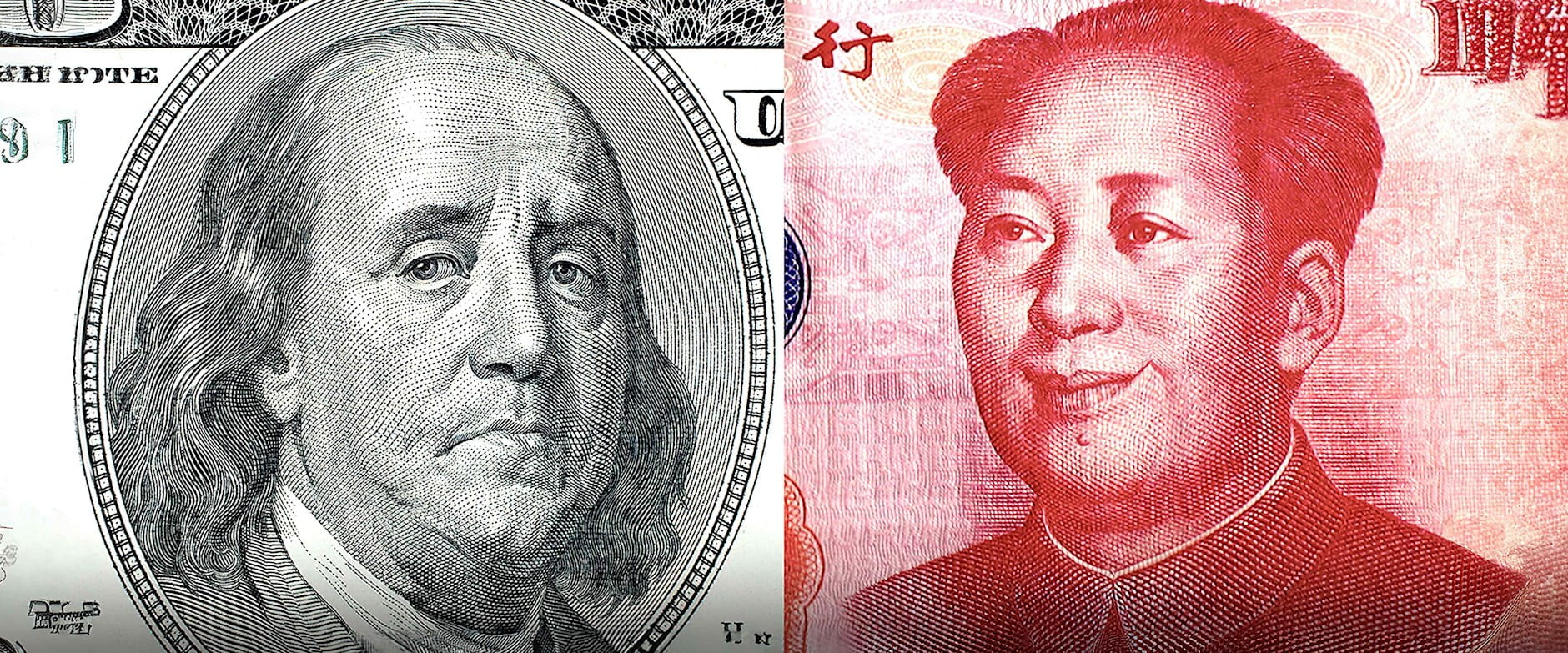(bright music)
During the Great Recession and the COVID-19 pandemic, the US government handed out bil-lions of dollars to households through various stimulus programs, aiming to help the economy by en-couraging consumer spending. China rolled out its own stimulus programs, but in a very different way. Local governments offered consumers digital coupons if they spent a certain amount on various cat-egories, such as restaurant meals, groceries, and entertainment. The question is: Which approach worked better to stimulate the economy, the payment programs of the US or the coupons in China?
According to Booth’s Matthew Notowidigdo and his coauthors, China’s coupon strategy worked better than the US policy, and it ensured that people spent the money to bolster the economy. The researchers analyzed the effects of more than 651,000 digital coupons for supermarket purchases and food deliveries in three Chinese cities over five months in 2021. Each coupon gave shoppers 25–50 percent off if they spent ¥120, or around US$17.15. To see whether the coupons actually increase consumption, the researchers analyzed consumer spending in the three months before the coupons were distributed and compared it with the three months after the coupons expired.
The researchers find that consumers spent more on the types of purchases for which they re-ceived coupons. At the same time, they spent about the same on shopping categories where they didn’t get discounts. The extra spending added up to more than the boost to consumer purchases from tax rebates, stimulus payments, and other shopping coupon programs that didn’t require a min-imum purchase.
One reason the coupon strategy worked better was that people weren’t able to park the money in their savings accounts, as happened with the US stimulus. Each yuan spent with the coupons led close to additional consumer spending of about ¥3. The findings suggest that there may be more innovative and cost-effective ways to boost the economy than just giving households stimulus checks. (bright music)
